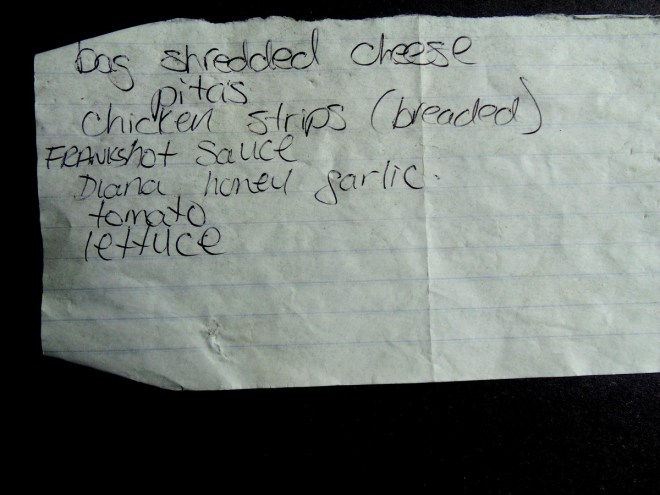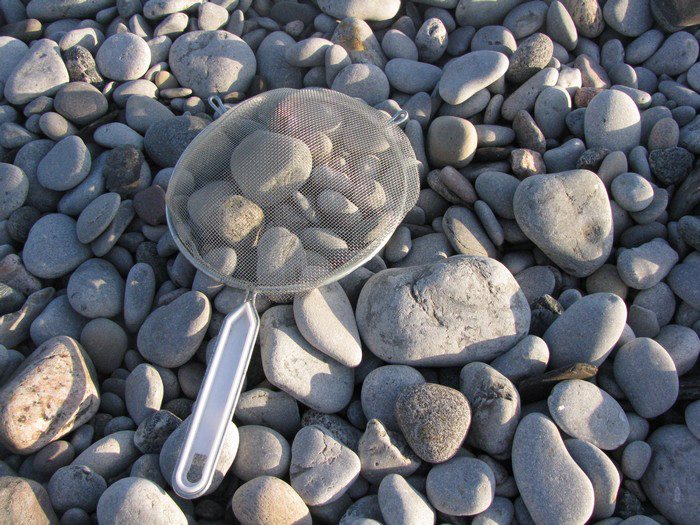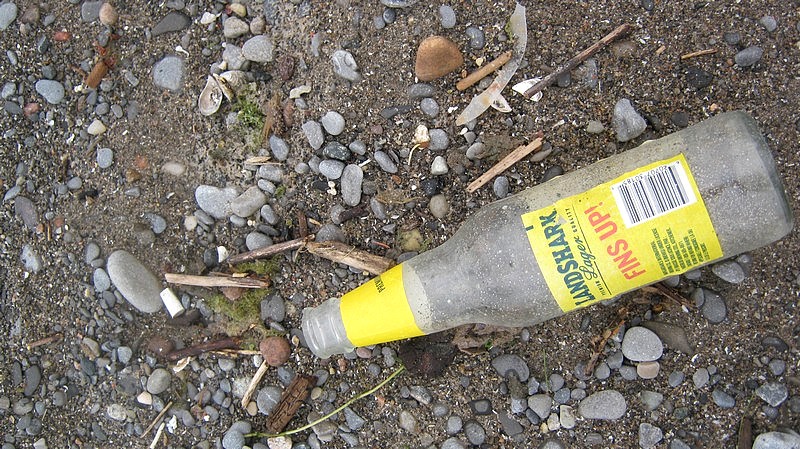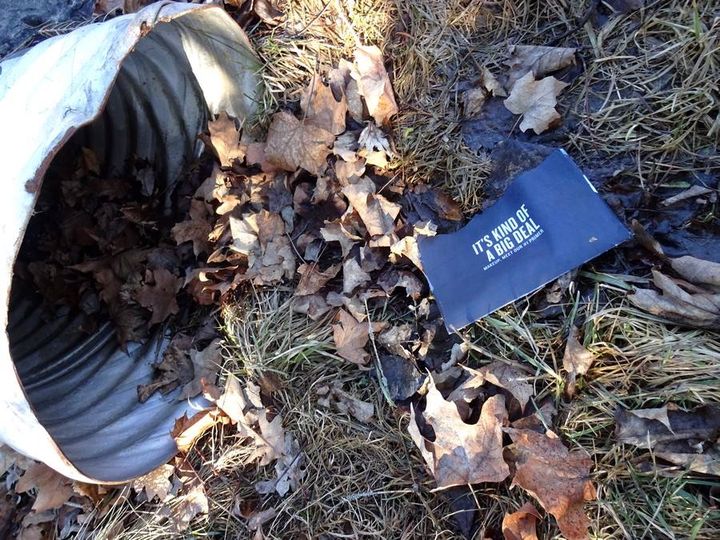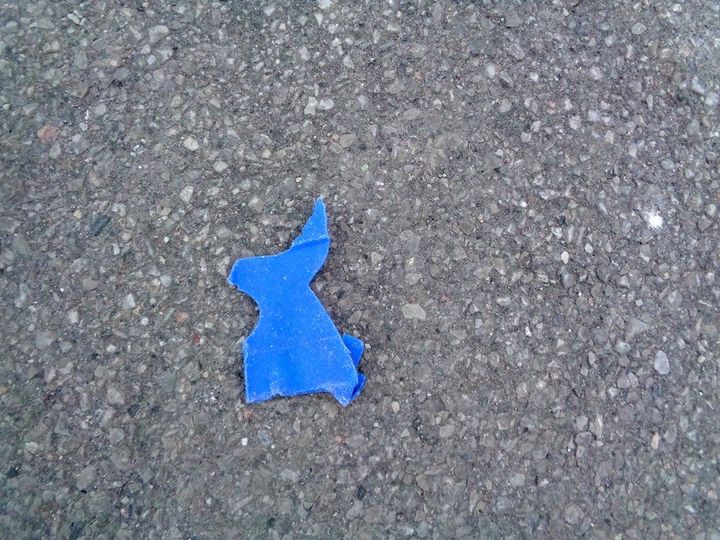bill bissett was my first choice to launch this project a decade ago and i was beyond chuffed, amazed, and grateful when he agreed to participate; i remember how truly generous he was, asking if there was anything else he could do (no, but man, so many thanks for that); it was all so new to me at the time, just an idea, a way to give voice and purpose to the schmutz on the street and maybe even bring some attention to whatever we could do to make it a smidgeon less shmutzy, as well as bring attention (and donations) to literacy via what was then Frontier College and who have since changed their name to United for Literacy, still the same organization, Canada’s oldest literacy agency, founded in 1899 as a way for men and women working in remote areas in forestry, mines, the railway, etc., to be exposed to books and reading, a ‘frontier college’ held in tents and whatever other tiny spaces were available.
i met bill only once, at a workshop he held in a tiny space he filled with a whole new world of words. i had no idea what to expect, which is often the best way. i was the first to arrive and looking through the window i could see the room was clearly not set up, all the chairs upside down on tables pushed against walls and a general dishevellment made me think i had the wrong address. but then others started to arrive and then bill did and in we went and whether or not the mess was or wasn’t a surprise to him seemed to matter not one whit and as a group we simply began moving things around and finding a place to sit and that casualness pretty much set the tone for one of the best and most memorable workshops ever.
then again, not sure i can imagine him, or his work, being anything but memorable.
i remain grateful to him for this piece.
** ‘yr littr has arrivd eet it’, first published June 29, 2015.
chees poulet spring rollet
dip in2 th pita serious all
th diana huntress maximum
word felt grips sooths n gives
such solace 2 th tomatos n
greens cum on ovr n feel th
krinkuld nouns n memoree
care 2 identify aftr onlee 1 look
sew manee adjektivs ar
faltring losing out on
th baseball games n
drowning in th demonstrativs
oftn unmodified n alwayze
ensoucient all trembuls
red eye balls crawling
in th sink
wer they tempestuous n
draftee the vinagret
smile thru the billyard
taybul wuns upon a
pronoun digging
deeplee in2 th
mise en scene ium a
lettralist not a literalist
♦
bill bissett
originalee from lunaria still v
puzzuld by erthling wayze love
dewing sound n vizual poetree
most recent book its th sailors life / still in treetment
from talonbooks n most recent cd nothing will hurt with pete dako
He can be found at www.billbissett.com



